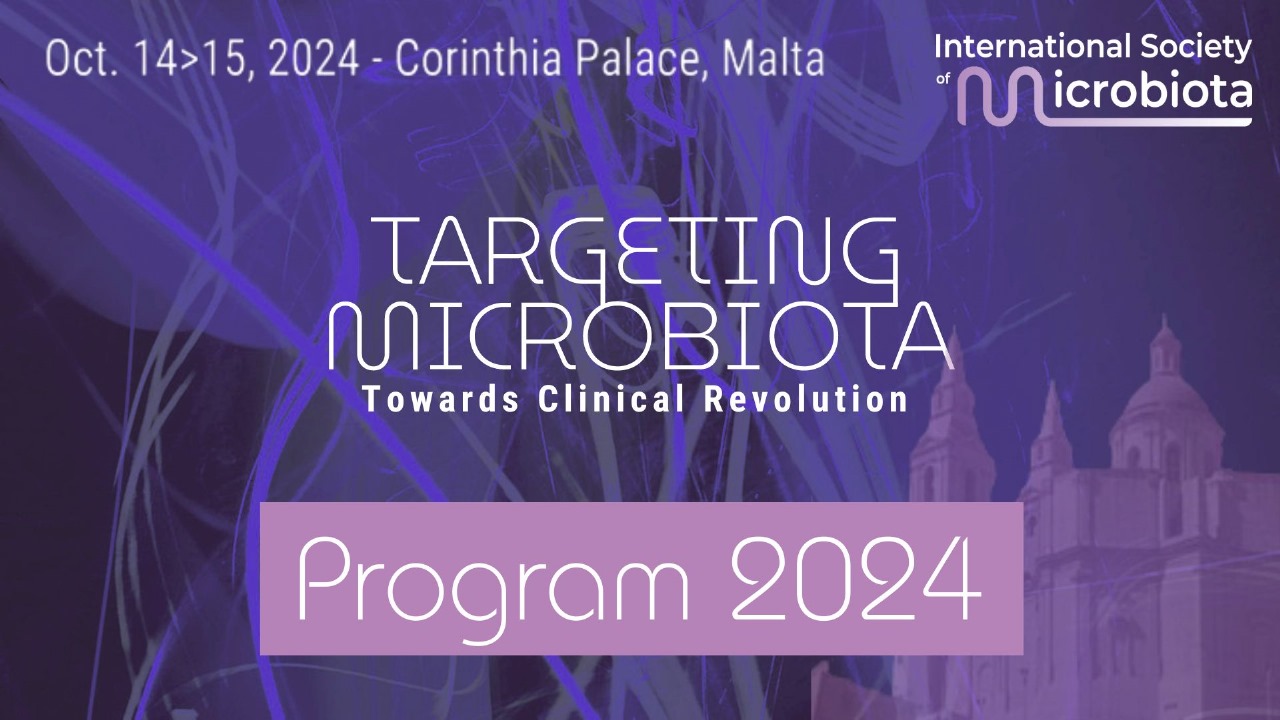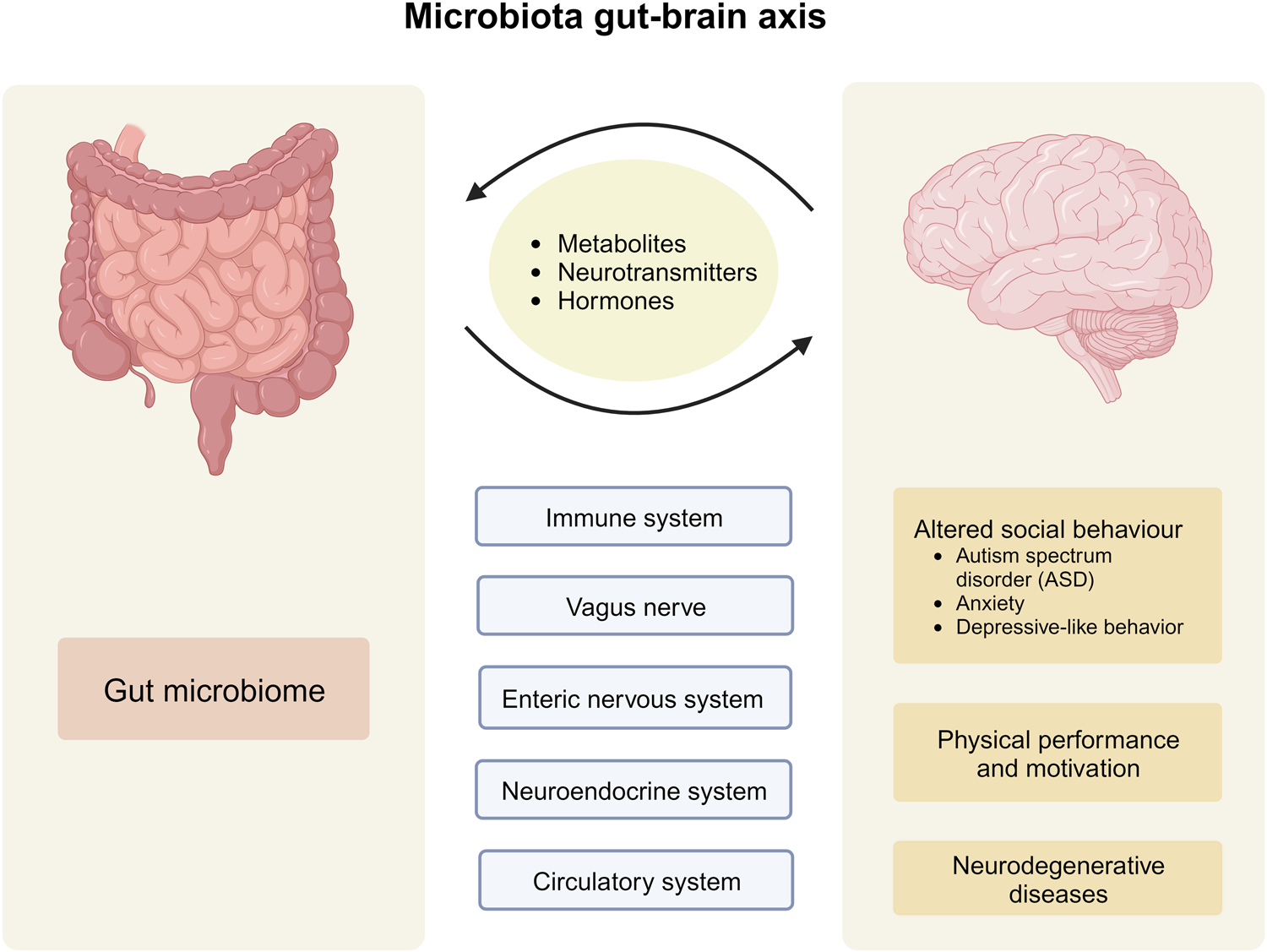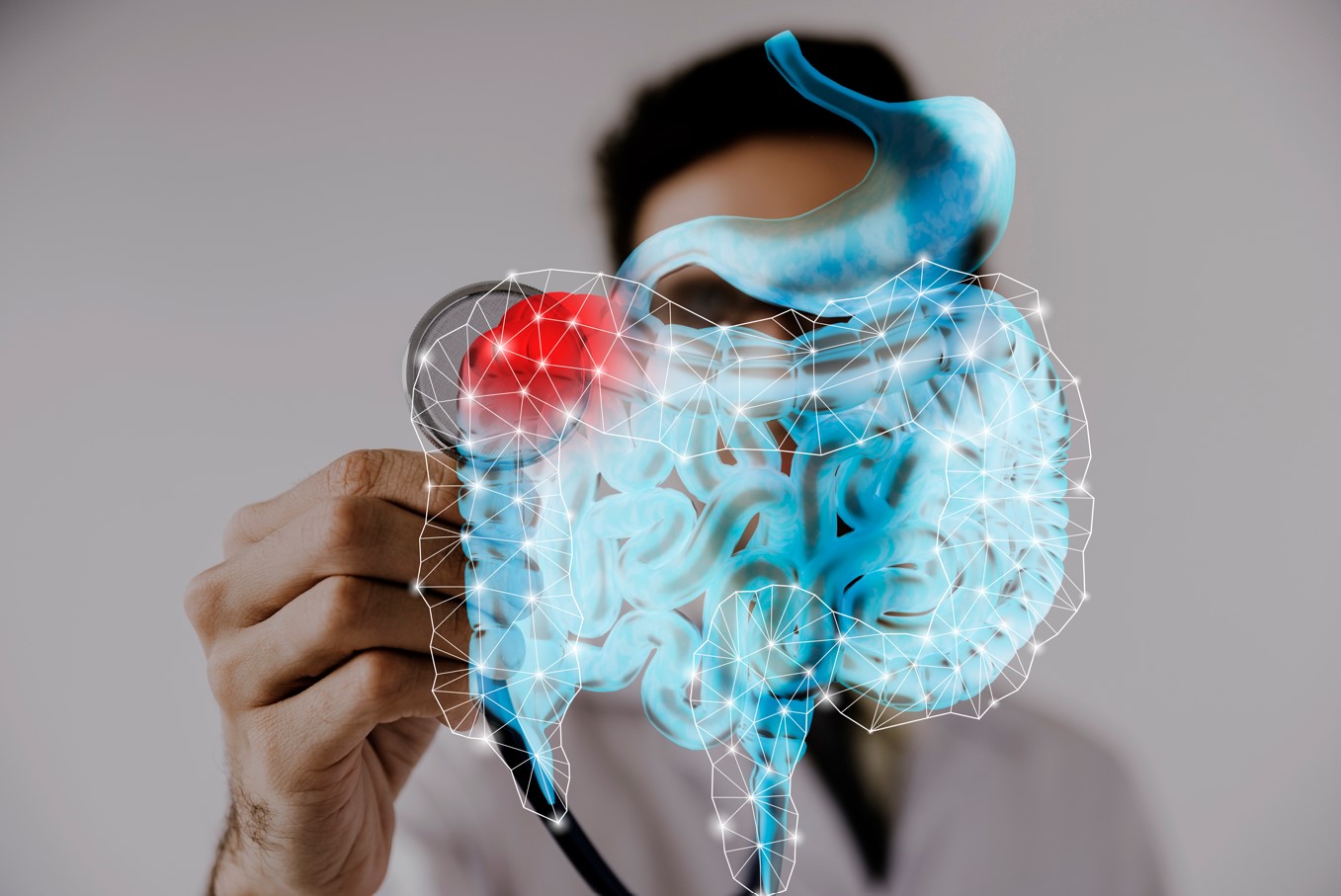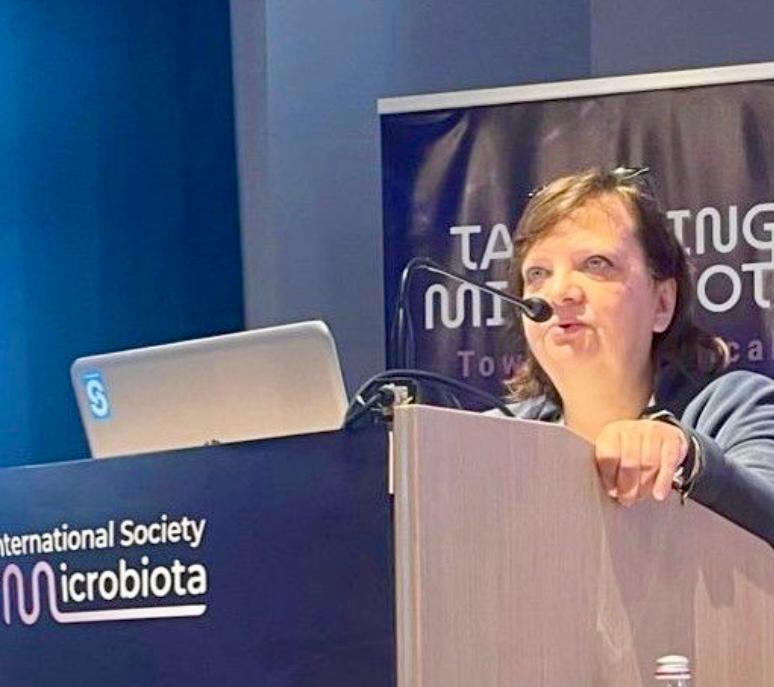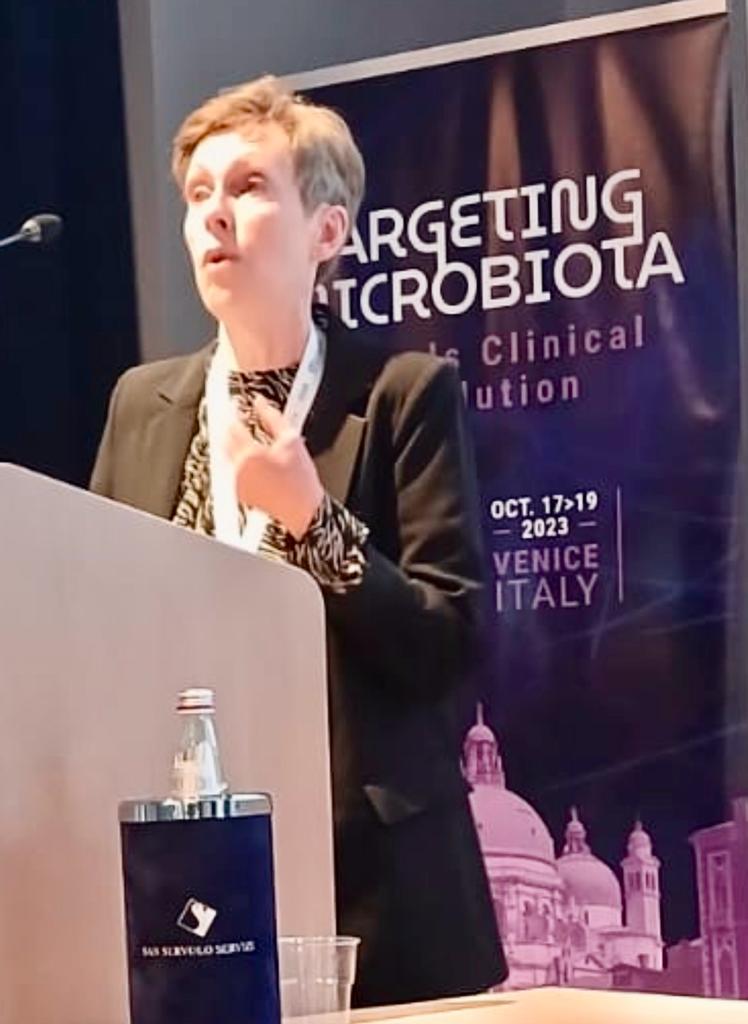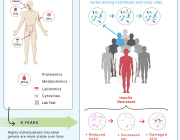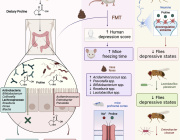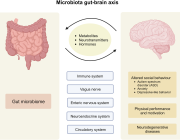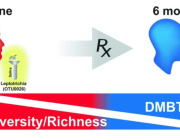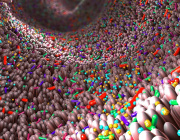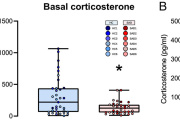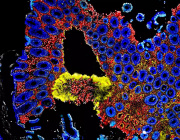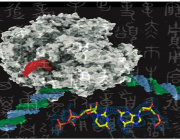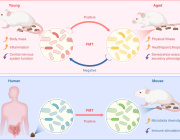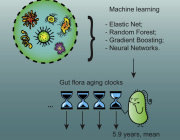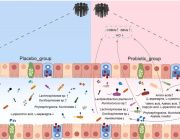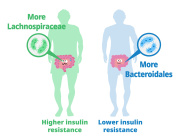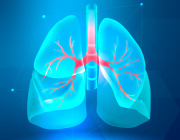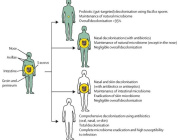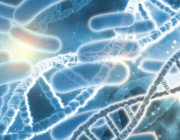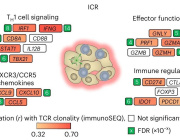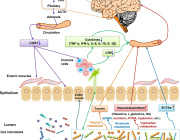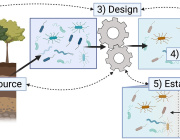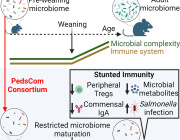The Future of Medicine is Strongly Related to the Quality of our Microbiota
News for Immediate Release, International Society of Microbiota, Paris, France - March 9, 2022
A new review article was released by members of the International Society of Microbiota, which revolutionizes the microbiota field.
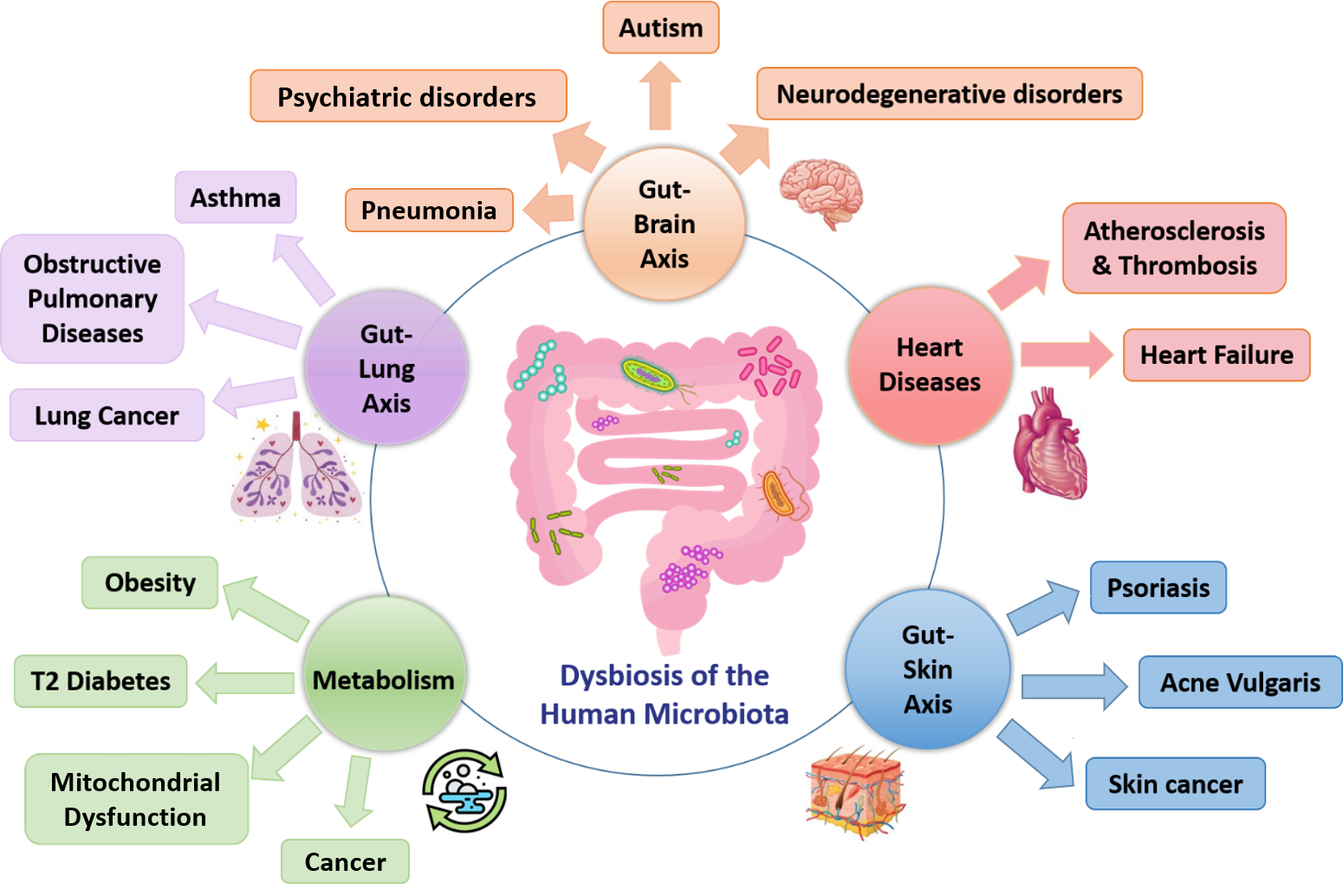
The human microbial dysbiosis in human diseases. Gut microbiota is implicated in the right functioning of many organs, such as lungs, kidneys, liver, heart and brain. However, any disruption to the microbiota homeostasis results in the malfunctioning of these affected organs, and the progression of many related diseases
21 speakers and members of the International Society of Microbiota collaborated and wrote together a brilliant review. From human microbiome and microbiota dysbiosis in human diseases, to the therapeutic strategies in the gut microbiota manipulation, this article clarifies the key role and implication of microbiota in human health.
Gut microbiota is in constant change with human evolution, as well as with the host gastrointestinal microenvironment, which makes it easily altered by many endogen and external factors. Among the latter, the built environment microbiome which can have a great impact on the human health.
It has been widely demonstrated that gut microbiota is tightly related to host organs through a multidirectional crosstalk involved in maintaining a global homeostasis. Among these flora-organ interactions: gut-lung, gut-brain, gut-skin axes, and many others. Any microbial dysbiosis could lead to an increased risk of pathogenesis of many diseases. For instance, some dysbioses are responsible for the inflammation of the gastrointestinal tract, metabolic and cardiovascular-renal disorders, as well as neurological disorders.
In the therapeutic context, targeting specific microbial components or metabolites could provide a tool in the treatment of many diseases. Beyond having the pre- or probiotics, which are the traditional and first line choice of microbial therapies, other strategies are being clinically studied such as the FMT, metabolites, phages and miRNAs.
However, many limitations in the preclinical and clinical findings impede the use of the above strategies in the manipulation of gut microbiota. Hence, more research is required in this field to further explore the considerations that should be addressed while using these strategies to treat patients. Despite all the existing limitations and the discrepancies, targeting the microbiota opens a new therapeutic window for many serious metabolic and neurological disorders, and needs to receive better attention in research due to the hope it provides to many patients. The medicine of tomorrow will come through microbiota. However, our huge challenge is to find subtle and safe strategies to target microbiota dysbiosis to prevent and treat many diseases.
You can read the full article in the BMC Journal
Prof. Marvin Edeas (Institut Cochin, INSERM - Université de Paris) stated "I confirm again that the future of medicine is strongly related to the quality of our microbiota. Targeting microbiota dysbiosis will be a huge challenge. My main challenge today is to target mitochondria and microbiota together."
Targeting Microbiota 2022 Congress
October 19-21, 2022 - Paris, France
www.microbiota-site.com










